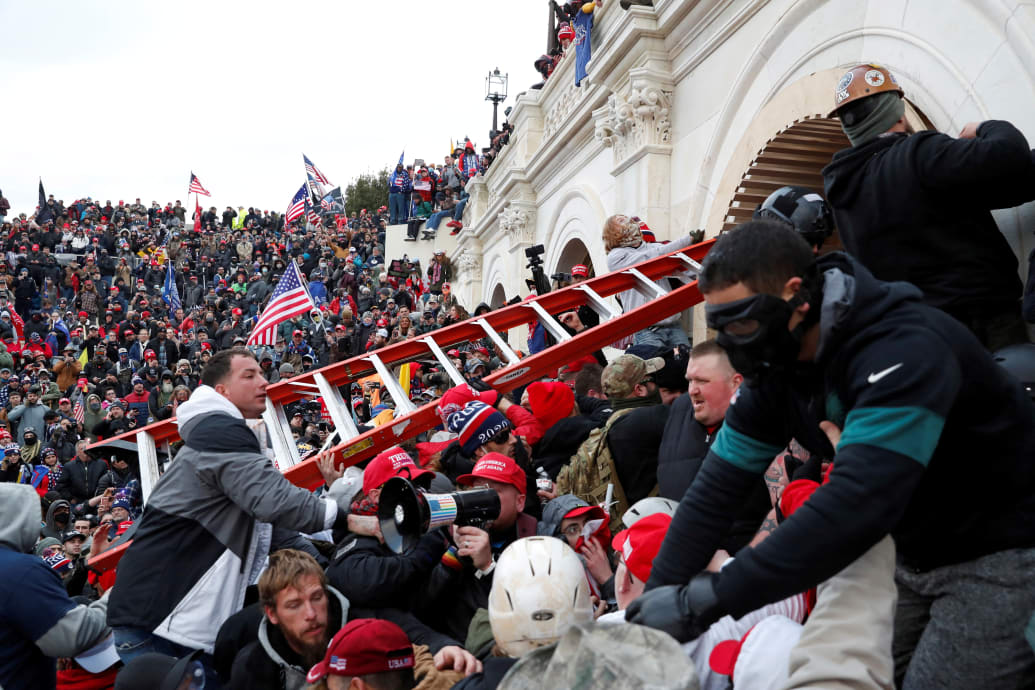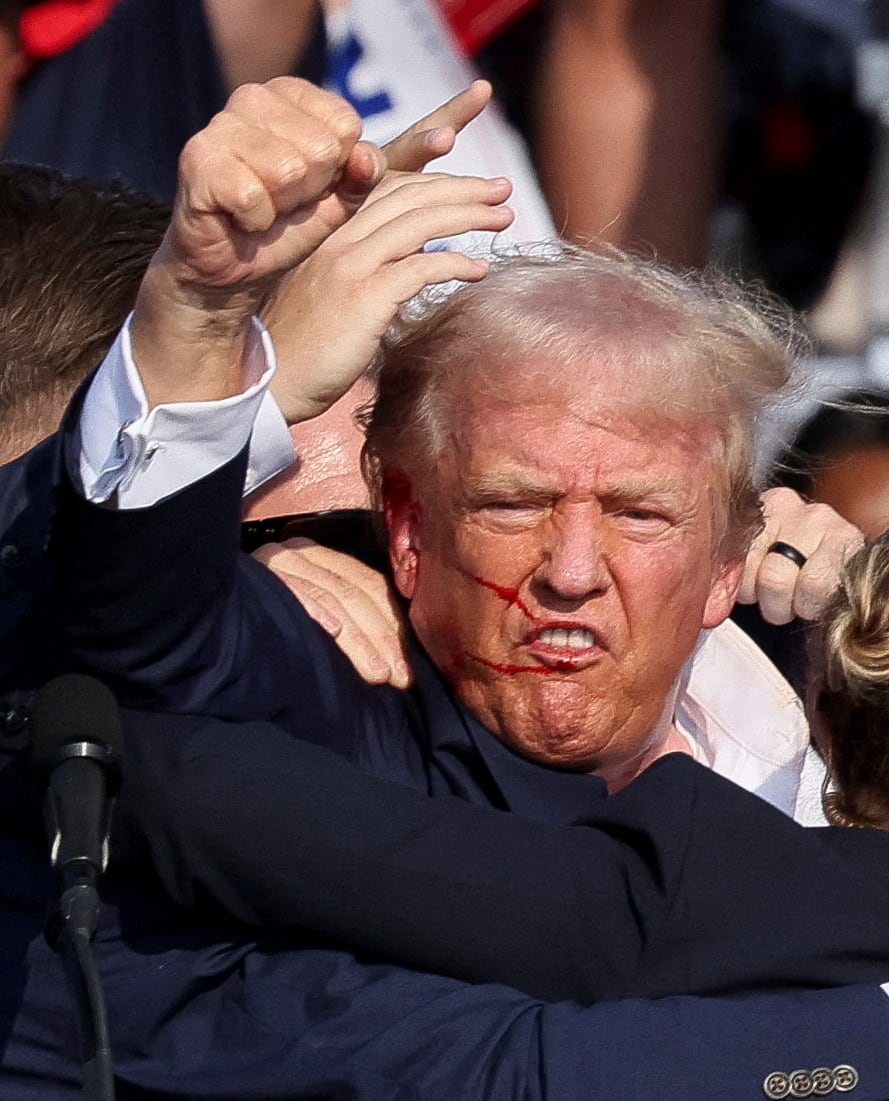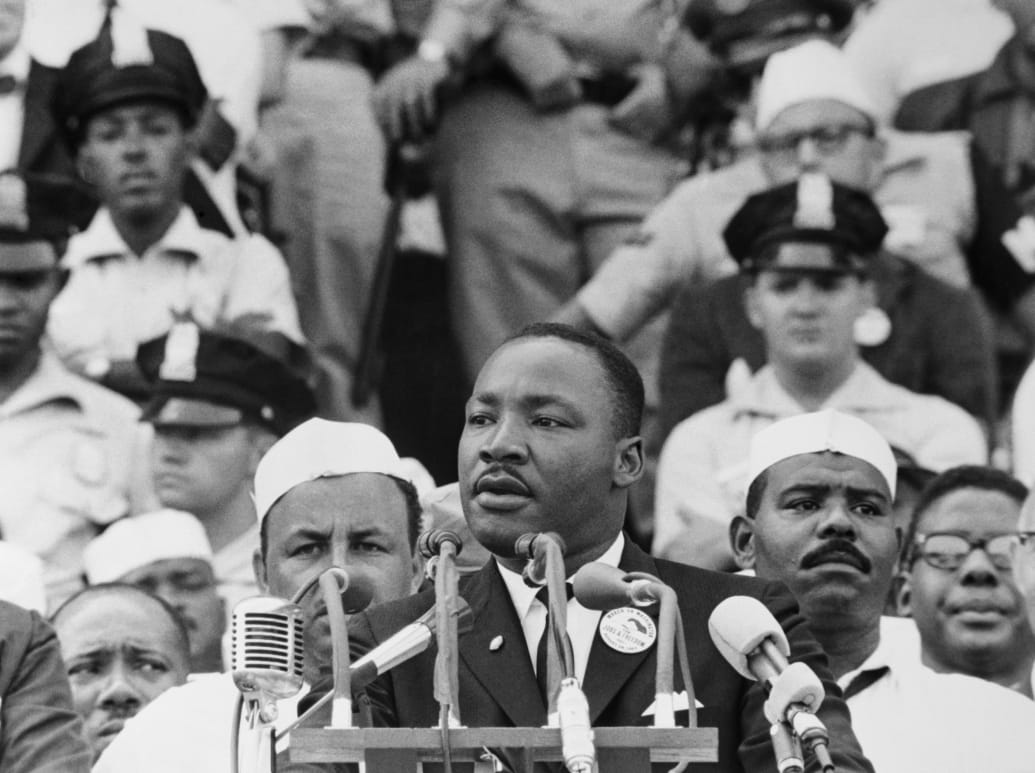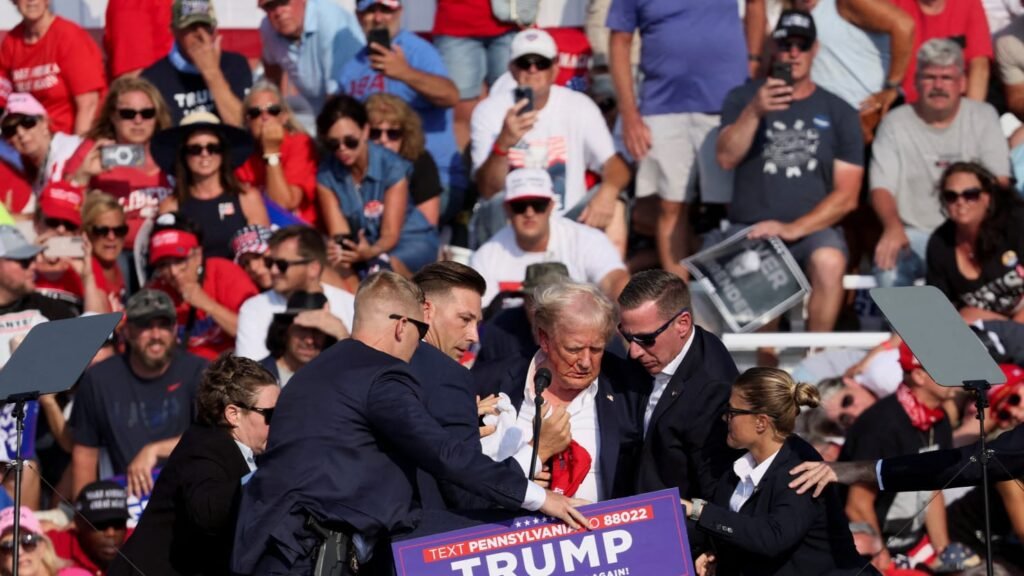In the hours, days and weeks ahead, America will surely be watching with bated breath. The assassination attempt on former President Donald Trump comes at a time when the country is already feeling politically wounded, even fractured.
America is in crisis.
In effect, the two tribes of America were already at war. But no shots had been fired. Until now. (We don’t know the political motives or mental state of the assassin, but trying to kill a presidential candidate is unlikely to ease tensions.) In recent years, the trend for what might be called political debate and argument in the United States has descended into new depths of ugliness and violence.
These aren’t just words. The level of threats against lawmakers is historically high. The U.S. Capitol Police reported that from 2017 to 2021, the number of annual threats against lawmakers increased from 3,900 to 9,625. Since the January 6th attack on the Capitol, threats against lawmakers on both sides of the aisle, judges, election officials, and school board members have increased exponentially. Threats against judges have increased 400 percent over the past few years.

The January 6th riot was not an isolated incident. Threats against lawmakers and judges have increased exponentially in recent years.
Shannon Stapleton/Reuters
And surprisingly, Americans are now pretty used to the idea of political violence: A 2021 survey by Johns Hopkins University and the University of Wisconsin-Madison found that 20% of Republicans and 13% of Democrats believe violence is justified in the current political climate.
The report also found that 25% of Republicans and 17% of Democrats say threatening leaders of the opposing party is acceptable. These are frightening statistics. Violence doesn’t just creep, it spreads explosively. Once-peaceful societies can crumble overnight.
America isn’t on the brink of war, but it certainly feels like a flashpoint. It’s incumbent on political leaders on each side to put out the fires rather than reach for the lighter fuel. The early signs are not good.
Former President Trump was understandably angry, scared and upset, but the sight of him looking straight into the crowd and yelling “fight, fight, fight” as he was carried off the stage after the shooting is unlikely to defuse tensions.

An understandably angry, frightened and upset former President Trump – who yelled “fight, fight, fight” as he was escorted off the stage after the shooting – is unlikely to ease tensions.
Brendan McDiarmid/Trump
And within hours, President Trump’s running mate, J.D. Vance, chose an inflammatory post about X as his response.
“Today’s events are not just an isolated incident. The Biden campaign’s central premise is that President Donald Trump is an authoritarian fascist who must be stopped at all costs. This rhetoric led directly to the assassination attempt on President Trump.”
The furor was exacerbated when Elon Musk, the owner of X, quickly came out in support of Trump regarding X and called for the resignation of the Director of the Secret Service.
Now more than ever, America needs reconciliation, not retaliation.
But it’s not just a problem for right-wing smugs. In X (where else?), idiots made “How did they miss” and “They missed” trending topics. Conservative comedian Tim Young pointed out, “HOW DO YOU MISS is trending right now because people are pissed that Trump didn’t get killed. This sums up the times we live in. It’s disgusting.”
And words matter: “Words definitely make people do things,” said Susan Benesh, a human rights lawyer and faculty member at Harvard University’s Berkman Klein Center for Internet and Society. Harvard Gazette last year.
“There is very strong evidence that there is at least a correlation between dangerous rhetoric and mob violence.”
This feels like a particularly frenetic time, not just domestically but globally. In Europe, there is a war nominally between Ukraine and Russia, but proxies in Europe, China, the United States, Iran, and North Korea are close to fighting. Tensions in the South China Sea are at an all-time high. Gaza is on fire, and Israel may be embroiled in a war on its northern border.
America is at a tipping point. Will those who consider themselves leaders of the country and their allies be able to retreat from the loud and extreme rhetoric of political violence? The answer remains to be seen.
On August 28, 1963, one of America’s greatest public figures gave an astonishing speech on the steps of the Lincoln Memorial in Washington, DC, before a quarter of a million people.

In 1963, America heard his impassioned speech about the need for civility and peace, yet five years later he was the victim of an assassin’s bullet.
Bettman/Getty
“Let us not try to satisfy our thirst for freedom by drinking from the cup of bitterness and hatred. We must always conduct our struggle with high standards of dignity and discipline. We must not allow our creative protest to degenerate into physical violence.”
These words were spoken by Dr. Martin Luther King Jr., who was assassinated in Memphis, Tennessee on April 4, 1968.

